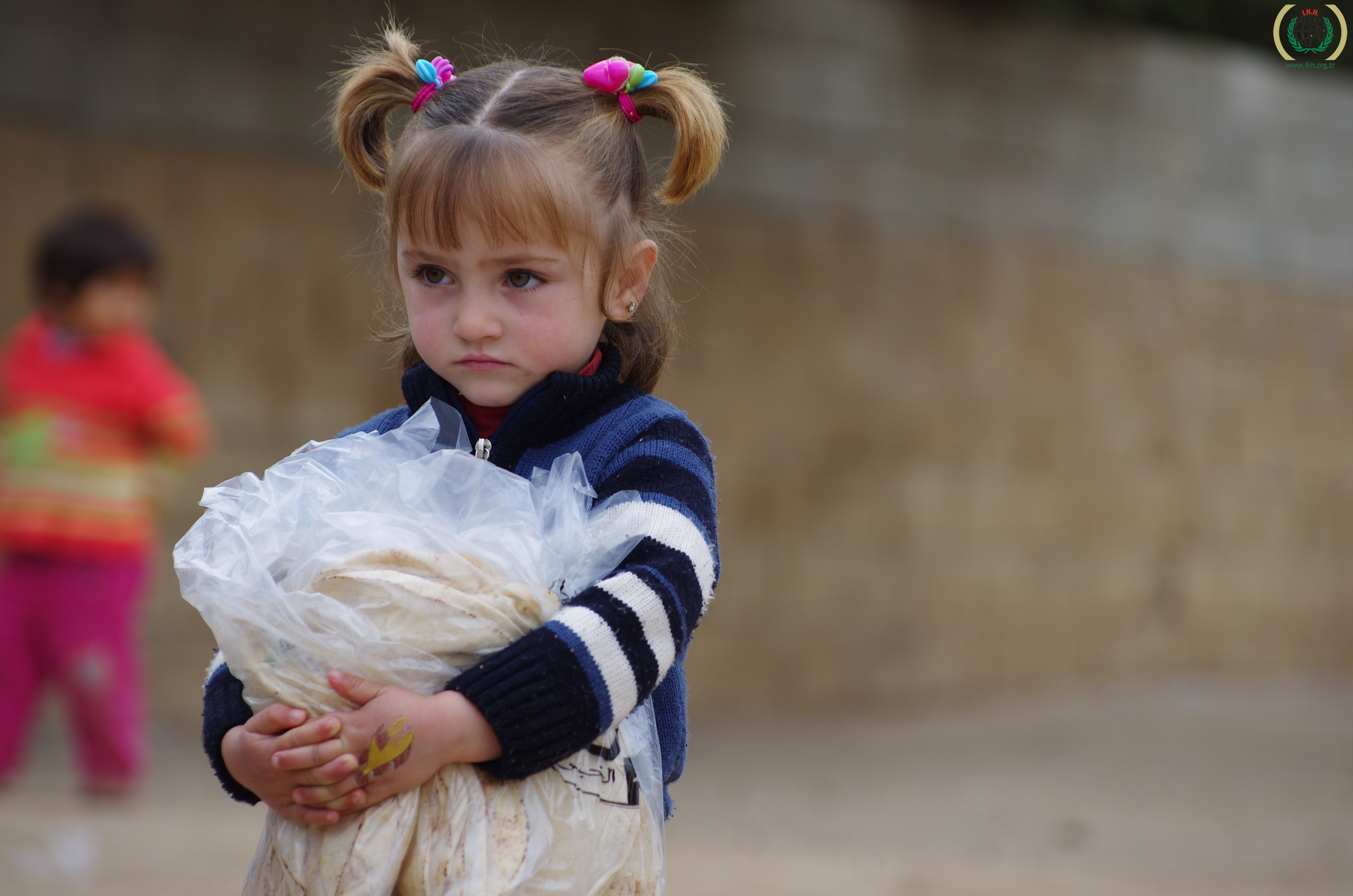Aid to Syria’s refugees of the ongoing war has gradually declined over the years, but Syria reached out to the world for a request of nearly $9 billion this year.
As Syrians migrate, host countries with limited resources have struggled to support vast population increases. The situation is made even more difficult as donor countries continue to cut back on contributions.
World leaders, international officials, and aid agencies attended the donor conference in London early this month to discuss the total aid requirement. The requirement amounts to almost $9 billion, which includes a U.N.-coordinated appeal for $7.73 billion and a $1.23 billion request by host governments. The remaining portion is needed in the next few years by countries like Turkey, Lebanon and Jordan to support the 4.6 million refugees they are hosting.
Although the underfunding of last year’s $7 billion appeal led to cuts in food aid, optimism remains for this year’s appeal. Apart from the necessities, donors are also requested to provide long-term plans such as jobs and education.
“We think we need to make a step change now from simply the tradition model of passing the hat around for the international donor community,” British Foreign Secretary Philip Hammond said.
The majority of Syrian refugees cannot work legally, giving them no choice but to work informal jobs. The influx of Syrians has also caused wages in Jordan and Lebanon to fall.
Donors are encouraged to invest in infrastructure projects such as schools and roads, which will create short-term jobs for refugees. Meanwhile, The World Bank is helping host countries with cheap loans. Although Jordan has refused to borrow money, they are open to zero-interest financing to provide for development programs that had been on hold for years.
One of the biggest goals of the conference is to provide all refugee children an education by the end of 2017. Currently, more than half of refugee children are out of school.
Despite the new plans, donors and hosts have faced the truth that most refugees live in poverty; Families have had to remove their children from school due to the lack funds, since they are banned from legal jobs. Host countries like Jordan have become more strict with Syrian entries, leaving 20,000 in the deserts.
“What we are witnessing now is a total collapse of international solidarity with millions of war victims,” Jan Egeland, head of the Norwegian Refugee Council said.
Article via Syria needs nearly $9 billion in humanitarian aid, 3 February 2016
Photo: Bread distribution inside Syria by IHH Humanitarian Relief Foundation’s photo stream [Creative Commons Attribution-NonCommercial-NoDerivs]
